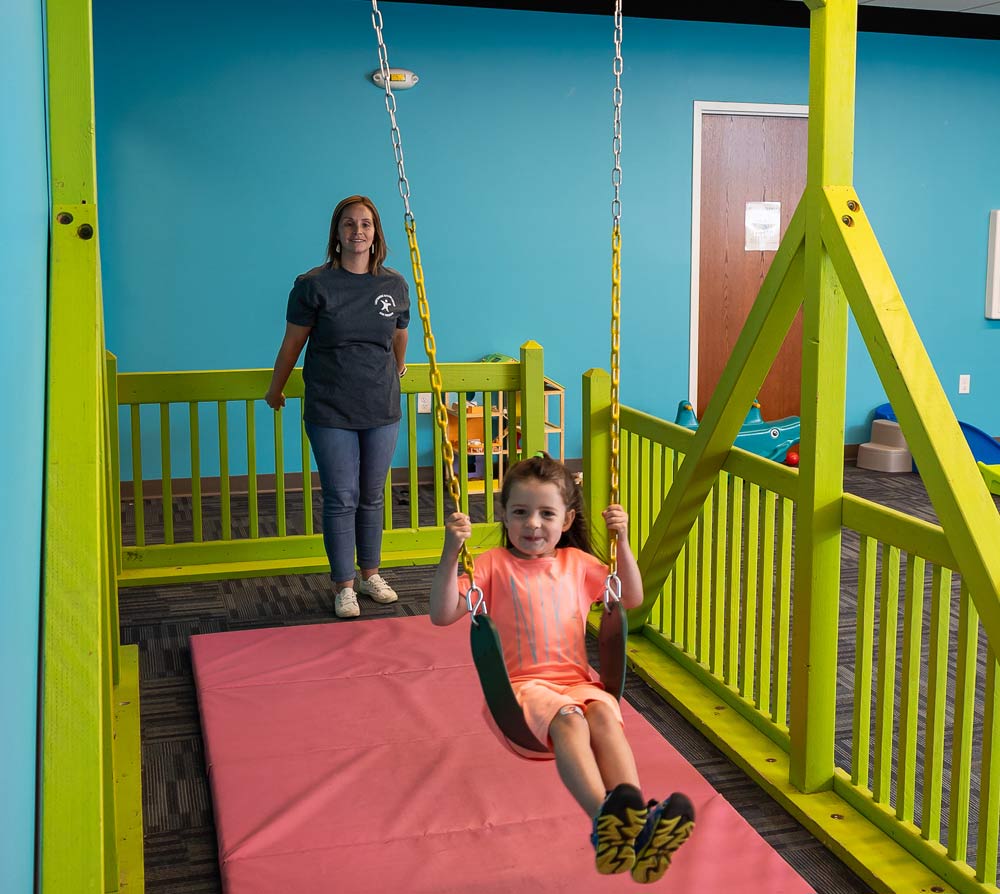What insurance do you accept? What does insurance cover?
Lighthouse Autism Center accepts nearly all major insurance plans, including Managed Medicaid plans. Our insurance team will assist you with navigating your insurance coverage and questions.
Note: There may be some variation of plans accepted by center.
- Indiana Medicaid
- Aetna
- IU Healthcare
- Cigna
- UMR
- And others
- Priority Health
- Michigan Medicaid
- And others
- Health Alliance
- BCBS IL
- IL Ambetter (Centene)
- And others
- Iowa Medicaid
- Wellmark
- Highmark
- Cigna
- And others
- NE BCBS
- NE Medicaid Total Care
- NE Medicaid Molina
- IA Medicaid (at some locations)
- Optum
- UMR
- BCBS NC
- MedCost
- NC Medicaid

We are Standing by to Help you Navigate Health Insurance Coverage
Founded by parents of an autistic child, we understand the complexity of navigating insurance coverage and how to pay for autism therapy.
We have a dedicated team of Insurance Specialists who are here to help you navigate the insurance process, understand costs and coverage and how to access waivers and grants.
Each state has different mandates, rules, and regulations regarding autism insurance coverage. To view your state’s autism insurance mandate, click here. (https://www.biermanautism.com/resources/blog/autism-insurance-mandate-by-state/)
Our Team will work directly with your insurance company:
Before starting therapy, we will contact your insurance company to verify what coverage is available and what the estimated costs will be under your health insurance plan for ABA services. Typically services are authorized for a period of time, for example, six months of therapy.
We will bill your insurance company directly. You may have a deductible, coinsurance or copayment amounts to pay, based on your plan’s benefits (also known as a cost-share amount). You will receive a bill from Lighthouse for any amounts you owe.
Lighthouse can offer flexible payment plans for the cost-share amount if needed, on a weekly, bi-weekly, or monthly basis. You can set up a payment plan online by following the information on the invoice we send you, or you can call us to set it up.
We track the authorization period and resubmit any necessary paperwork required in for re-authorization of benefits, typically every six months.
Key Components of Healthcare Insurance
- Premium – This is the monthly amount a member pays to maintain their insurance coverage. It is required regardless of whether the member uses healthcare services—sometimes the member’s employer pays a portion of this.
- Deductible – The amount a member must pay out of pocket for covered healthcare services before the insurance plan starts to contribute. For example, if a plan has a $1,500 deductible, the member must pay that amount before the insurance begins to cover costs, except for certain preventive services.
- Copayment (Copay) – A fixed amount a member pays for a specific service, such as a $30 copay for a doctor visit or a $10 copay for prescription medication. Copays may vary depending on the service.
- Coinsurance – The percentage of costs a member shares with the insurance provider after the deductible is met. For example, if the plan has a 20% coinsurance, the member pays 20% of covered expenses, and the insurance covers the remaining 80%.
- Out-of-Pocket Maximum (OOPM) – The maximum amount a member has to pay in a plan year before the insurance covers 100% of covered healthcare costs. This includes deductibles, copays, and coinsurance but does not include premiums.
Example of Cost Sharing in Action
Suppose a member has:
- A $1,000 deductible
- A 20% coinsurance
- A $5,000 out-of-pocket maximum
If they need a surgery costing $10,000:
- They first pay the $1,000 deductible.
- After the deductible, they pay 20% of the remaining $9,000 ($1,800), and insurance covers 80% ($7,200).
- Their total cost for the procedure is $2,800 ($1,000 deductible + $1,800 coinsurance).
If they continue to need care and reach their $5,000 out-of-pocket maximum, insurance will cover 100% of covered services for the rest of the plan year.
Insurance FAQ
- COBRA: You can remain on your former employer’s health plan by opting to pay the full premium for the plan yourself. The COBRA notice and forms will be mailed to you directly but can take weeks following separation with the employer. We recommend reaching out to the HR department directly to see if you can pick up a copy or have them emailed to you.
-
- If you purchase COBRA, please send us a copy of the completed paperwork along with premium payment verification, or ask your Lighthouse Autism Center to scan copies and forward them to our Insurance Department.
- Marketplace Plans: You will likely be able to enroll in a Health Insurance Marketplace plan, due to a qualifying event of loosing employer coverage.
-
- You can enroll at healthcare.gov/enroll
- A provider renders a service to a patient and logs the type of service they performed as well as the duration.
- The provider submits those services and duration of services to the patient’s insurance carrier as a claim.
- The insurance carrier will determine if the patient has any responsibility for payment within 30-45 calendar days.
- If the patient has not yet satisfied their deductible or out-of-pocket maximum, the insurance carrier will set out deductible, copay, or coinsurance amounts as patient responsibility for payment.
- When a patient has not met their deductible, the insurance carrier will pay 0% of the claim. This means that 100% of the amount will be the patient or guarantor’s responsibility to pay.
- Once the patient’s deductible has been met, the patient will still have an out-of-pocket maximum to satisfy. This means that the patient or guarantor will be responsible for their coinsurance or copay amount.
- How it works: If your health plan’s deductible is $1,500, you’ll pay 100% of eligible health care expenses until the bills total $1,500. After that, you share the cost with your health plan by paying coinsurance or a copay.
- After the patient’s deductible has been satisfied, the insurance carrier will share the costs of the healthcare services.
- Coinsurance is typically a percentage of the amount that the insurance carrier allows to be charged for services.
- How it works: You’ve paid $1,500 in health care expenses and met your deductible. When you go to the doctor, instead of paying all costs, you and your health plan share the cost. For example, your health plan pays 70%. The 30% you pay is your coinsurance.
- A copay is a fixed amount that a patient pays for healthcare services. This amount can vary depending on the type or location of service.
- How it works: Your health plan determines what your copay is for different types of services and when you have one. You may have a copay before you’ve finished paying toward your deductible. You may also have a copay after you pay your deductible and when you owe coinsurance.
- Once your insurance carrier processes your claims within 30–45* days, they will determine your patient balance.
- *This is a general timeframe; not all claims will be processed within 30–45 days.
- After your insurance carrier has assigned a balance to you, Lighthouse will mail you a statement on a monthly basis.
- No! Lighthouse understands that healthcare is expensive, and we offer flexible payment plans that you can afford. Plans are offered on a weekly, bi-weekly, or monthly basis.
- When you receive your statement in the mail, follow the instructions at the bottom of the statement to set up a payment plan online or call one of our dedicated patient statement representatives.
Understanding Eligibility for Autism Grants
The requirements for receiving autism grants can differ based on the specific grant and the organization offering it. Some grants may need families to meet specific income or residency criteria, while others might be open to all families, regardless of their financial situation.
Tips for Applying:
Each organization has its own grant application process, which can be confusing if you’re applying for multiple grants simultaneously. Here are some tips to help you through the process.
Guides and Tips for Writing Proposals:
- Start by reading the entire application. Make a list of the documents you’ll need, like tax statements, diagnostic reports, and Individualized Education Plans (IEPs). A checklist will help you stay organized and meet all deadlines.
- Choose your applications wisely. Many autism organizations only fund specific types of therapies and services. It’s best not to waste your time on applications that won’t cover what you need.
- Add a personal message. Some applications may request information about your child and why you’re seeking their services. Consider including a photo of your child and a recommendation letter if the application permits.
National ABA Therapy Grants
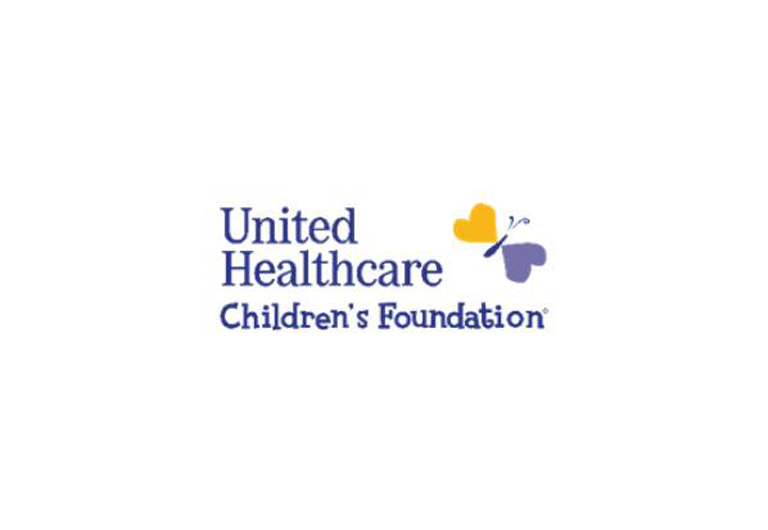
UHCCF is a 501(c)(3) charitable organization that provides medical grants to help children gain access to health-related services not covered, or not fully covered, by their family’s commercial health insurance plan. You DO NOT have to have United Healthcare Insurance to qualify. Grants are available for medical costs incurred within 60 days of the time UHCCF determines the application to be complete. Grants are good for one year following the month in which they are approved.
Grant Amounts:
The amount awarded to an individual within a 12-month period is limited to $5,000. Awards to any one individual are limited to a lifetime maximum of $10,000.
Who is Eligible:
- Must be medically insured by a commercial health plan, either through an employer or
individually purchased. - Must be under the age of 16 years old*
- *Children aged 3-6 for a one-time grant to help cover the cost of ABA therapy
- Child must have a Social Security Number issued by the Social Security Administration.
- Income
- Family Size of 2– $55,000 or less
- Family Size of 3– $85,000 or less
- Family Size of 4– $115,000 or less
- Family Size of 5 or more– $145,000 or less
Expenses covered include:
- UHCCF is happy to consider children aged 3-6 for a one-time grant to help cover the cost of ABA therapy. We are unable to include ABA therapy as a grant service for children younger than 3 or older than 6, or multiple grants for ABA for the same child.
- Speech and occupational therapy
Expenses not covered include:
- Dental procedures
- Educational expenses, including day camps
- Home and vehicle expenses
- Travel and lodging
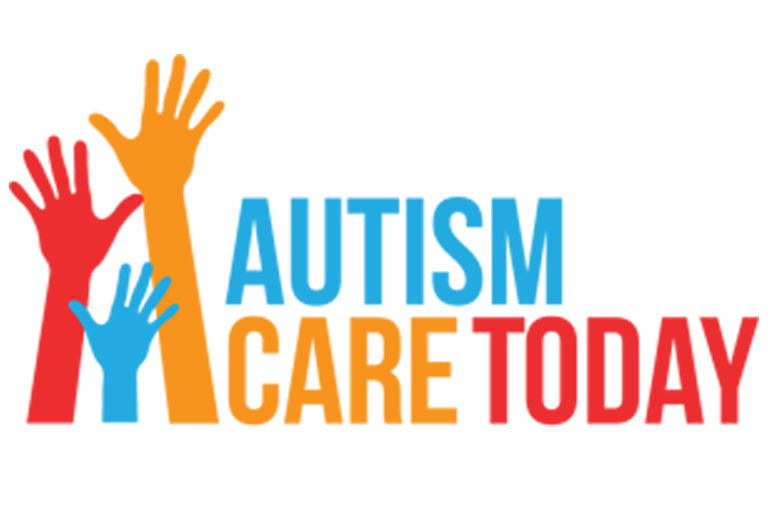
Autism Care Today is a national nonprofit 501(c)(3) organization whose mission is to raise awareness and provide treatment services and support to families to help their children with autism be able to achieve their full potential. There are quarterly grant deadlines.
Grant amounts:
$100 to $5,000
Who is eligible:
Priority is given to families with multiple autistic children, military families, and those with an annual income under $100,000.
Expenses covered include:
- Applied behavior analysis (ABA)
- Speech and occupational therapy
- Biomedical testing
- Nutritional supplements
- Assistive technologies (iPads, communication apps)
- Safety equipment (safety fencing, GPS tracking devices, and autism service dogs)
- Social skills groups
- Disability summer camps
Expenses not covered include:
- Transportation requests (cars, car repair, transportation passes, air travel)
- Hyperbaric oxygen therapy
- Personal needs (rent, utilities, family vacations)
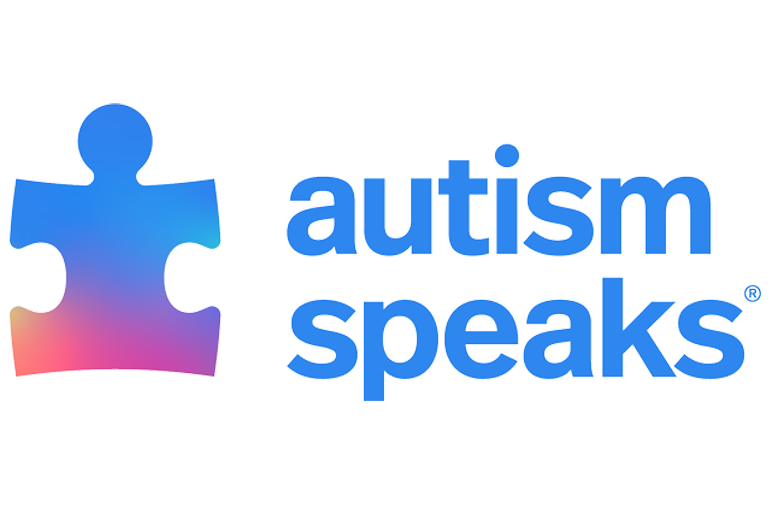
Autism Speaks Cares offers limited assistance for individuals and families affected by a catastrophic life event or natural disaster. The grant program helps families cover critical
expenses related to the welfare of the family member with autism experiencing a devastating life event or natural disaster. Considered on a case-by-case basis. DOES NOT fund reoccurring monthly expenses such as rent, mortgage, utility, or car payments.
Grant Amounts:
Determined on a case-by-case basis.
Who is Eligible:
Families affected by autism during natural disasters and other tragic life events.
Expenses covered include:
Determined on a case-by-case basis.
Expenses not covered include:
Determined on a case-by-case basis.
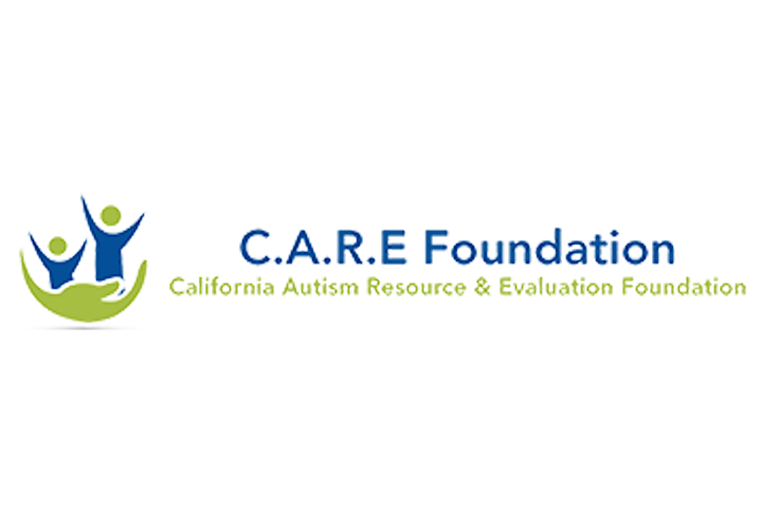
CARE Grant Program is for helping families with medication, autism diagnosis/evaluation,
therapy session (including speech, OT and ABA,) autism summer camps. Please note that all
grants awarded are paid directly to the vendor or service provider to pay for tuition, supplements, medication, medical evaluation, testing, therapies, etc.
Grant Amounts:
Not specified.
Who is Eligible:
Families of children with autism (ages not specified), residing in USA with income less than
$75,000/year.
Expenses covered include:
- Applied behavior analysis (ABA)
- Speech and occupational therapy
- Diagnosis/evaluation services
- Medication
- Autism summer camps
Expenses not covered include:
- Educational expenses
- Home and vehicle expenses
- Travel and lodging
Illinois ABA Therapy Grants
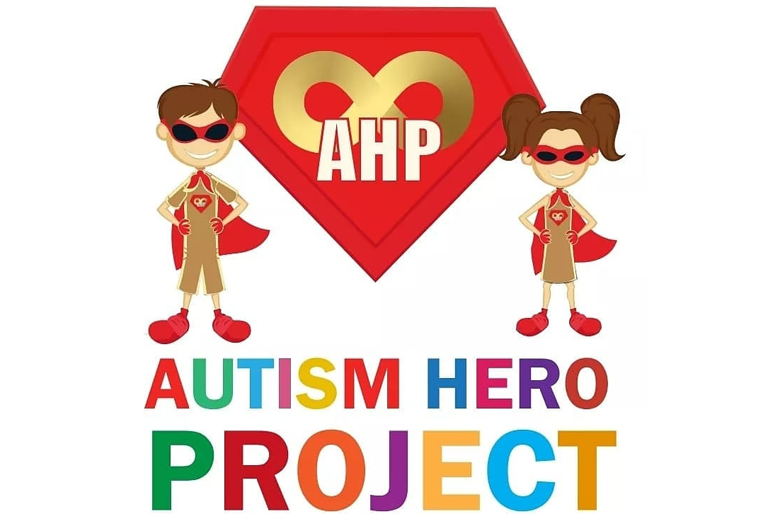
Autism Hero Project seeks to improve the lives of children with autism, people otherwise on the autism spectrum, and their families through providing financial assistance for Applied Behavioral Analysis (ABA) therapeutic services, helping others understand autism-related needs in everyday life, and promoting more than just awareness among communities. We strive to create a world of inclusion, where ALL means ALL.
Grant Amounts:
Autism Hero Project will pay the difference in coverage that covers the applicant’s portion of their insurance premium only—either through the marketplace or an employer. Deadlines for application follow Open Enrollment.
Who is Eligible:
- Must be medically insured by a commercial health plan, either through an employer or individually purchased.
- Must have an updated diagnostic report within the last three (3) years
- Must be a resident of Illinois or Florida
- Applicant’s Household income and size will be taken into consideration (Priority will go to low-income and/or families with multiple dependents on the autism spectrum.)
- Autism hero project medical insurance premiums only. Their grants do not cover deductibles, co-payments, co-insurance or any other out-of-pocket expenses.
- Child must be receiving a minimum of twelve (12) hours of ABA therapy
Expenses covered include:
- Medical health insurance premiums.
Expenses not covered include:
- All other expenses.
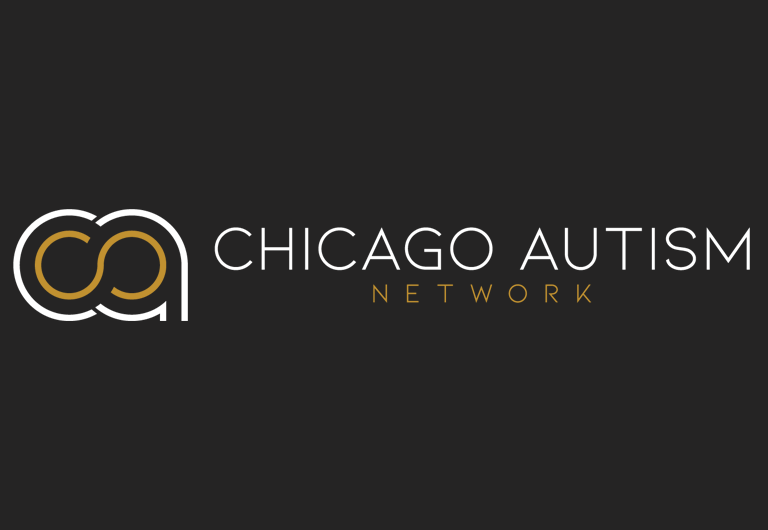
Chicago Autism Network’s mission is to strengthen the local autism community by helping those in need find and afford effective autism therapy and support. This grant has a deadline for application.
Grant amounts:
Unspecified.
Who is eligible:
- Must have a permanent address in Illinois
- Must have a current autism diagnosis from an MD or qualified psychologist (screeners and public school evaluations don’t count).
- Must Have a household income lower than or equal to 200% of the federal poverty level.
Expenses covered include:
- Speech Therapy
- Occupational Therapy
- Physical Therapy
- ABA (Applied Behavior Analysis) Therapy
- Dialectical Behavior Therapy
- Cognitive Behavioral Therapy
- Educational/Developmental Therapy
- Social Skills Group
- Therapeutic Day School
- Pharmacotherapy
- Other Psychotherapy
Expenses not covered include:
- Fees
- Late fees
- Registration fees
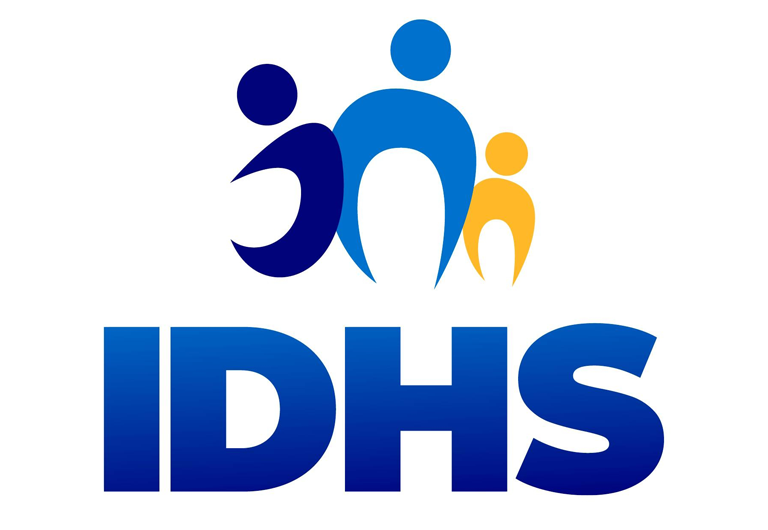
HIPP Grant (Health Insurance Premium Payment) is a terrific, but lesser-known program run by the state of Illinois that will reimburse families for the cost of private insurance premiums (purchased through your employer or through the Marketplace) for those with Medicaid.
Grant Amounts:
Determined on a case-by-case basis.
Who is Eligible:
- Must currently enrolled with Medicaid
- Must have private health insurance (through your employer or Affordable Care Act Marketplace).
- Must be cost effective (monthly expenditure on health costs must be 2.5x greater than your monthly premium.
- Must be able to show 6 months of EOBs (Explanation of Benefits – the statements from your health insurance showing the cost of your care) demonstrating that you are cost effective.
Expenses covered include:
Medical health insurance premiums
Expenses not covered include:
All other expenses
Get in Touch
Do you have questions about autism ABA therapy and insurance coverage? Contact your local Insurance Specialist or autism insurance resource center to learn more.

